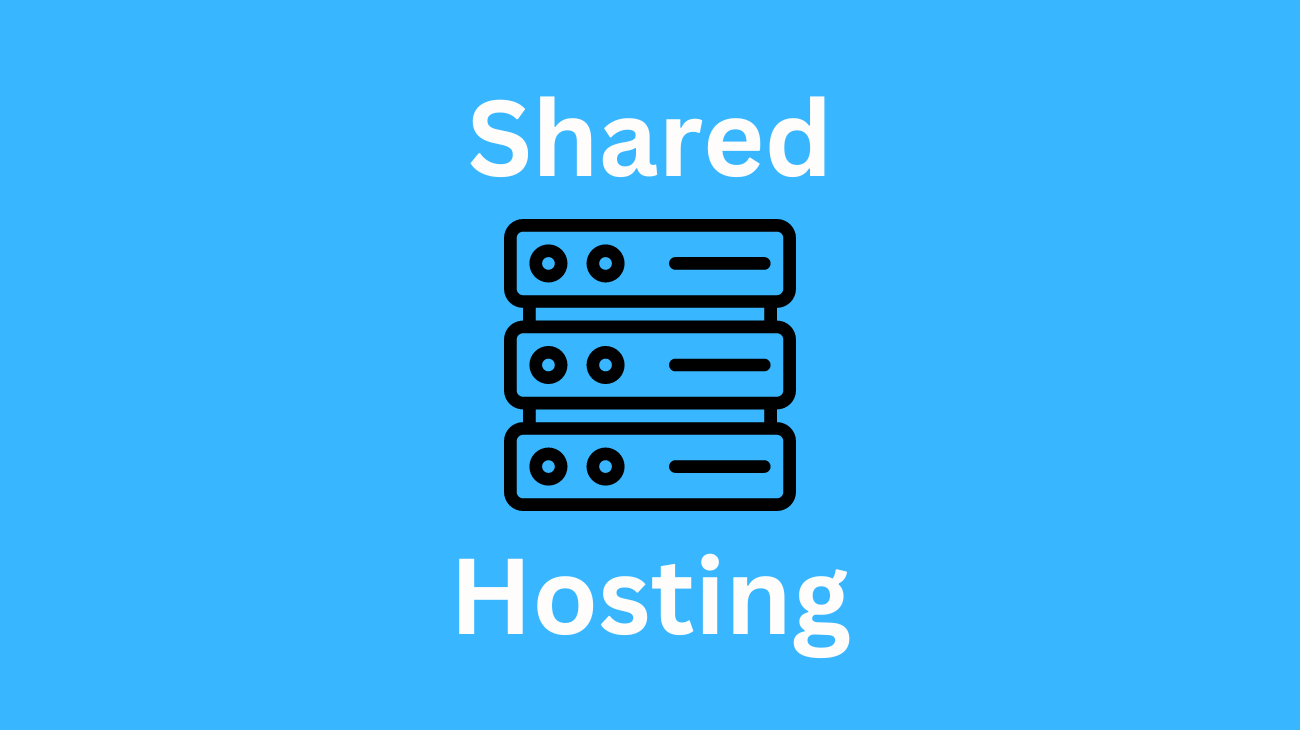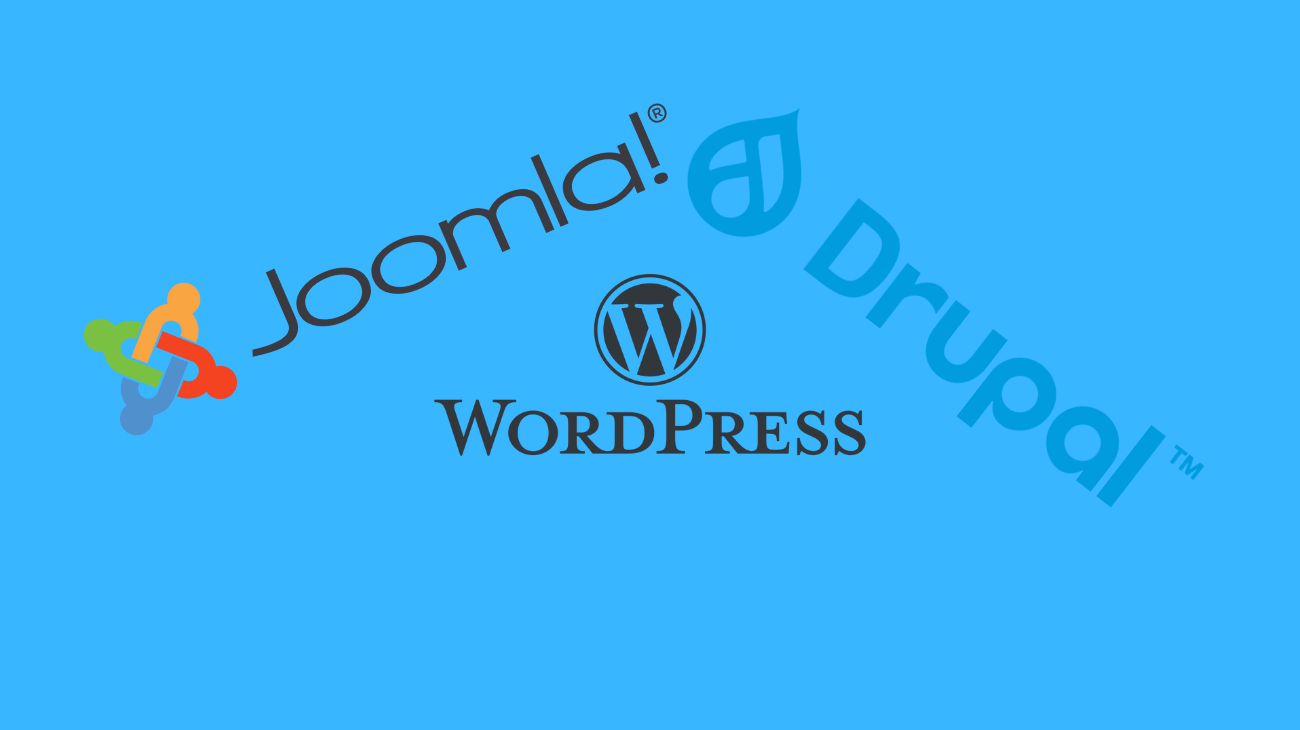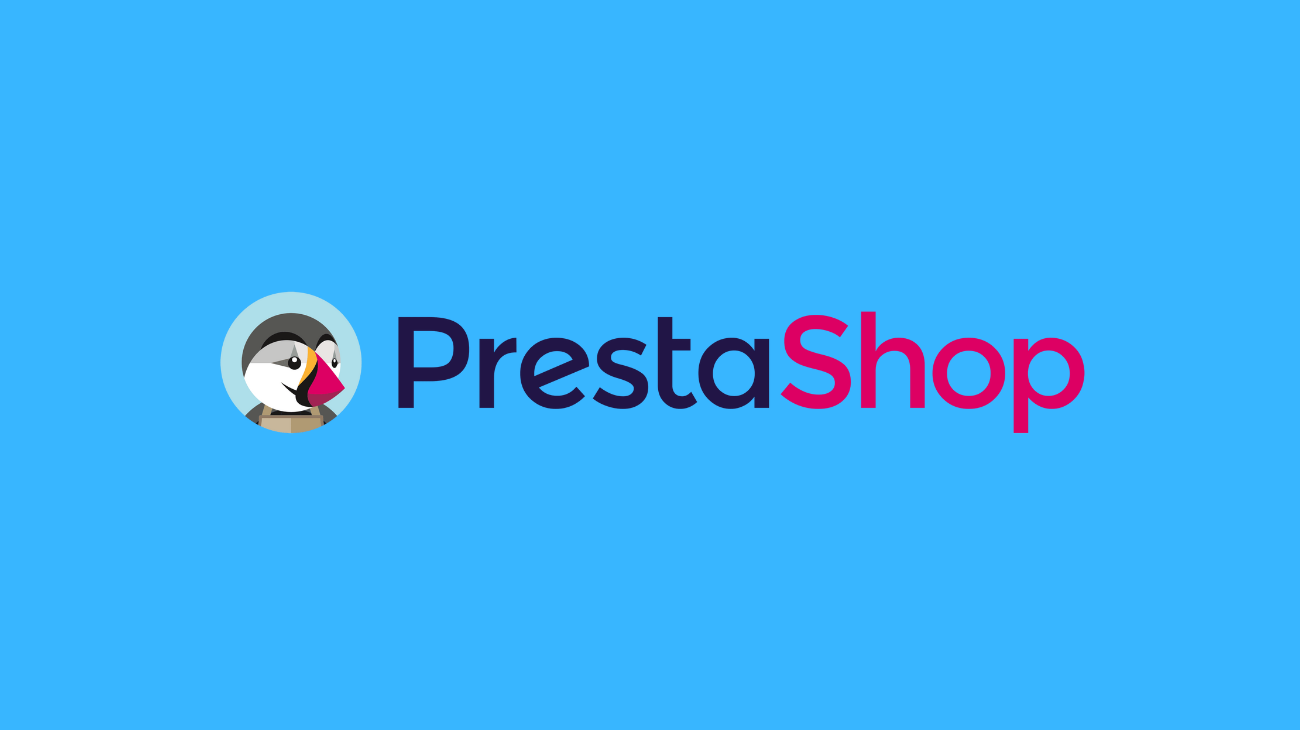In the dynamic realm of website hosting, finding the right solution for your needs can be a daunting task. Whether you’re a small business owner, a passionate blogger, or an aspiring entrepreneur, choosing the perfect hosting plan is crucial to establishing a solid online presence. One of the most popular and budget-friendly options is shared hosting. In this article, we’ll delve into the world of shared hosting, explaining what it is, its advantages, potential drawbacks, and factors to consider before making a decision.

Try Our Whois Search Or Read more blog posts!
Understanding Shared Hosting
Shared hosting is like renting a room in a large apartment building. Just as multiple tenants share resources like the building’s infrastructure, utilities, and common areas, shared hosting involves hosting multiple websites on a single physical server. Each website has its own designated space, but they all share the server’s resources, such as CPU power, memory, and storage.
Advantages of Shared Hosting
- Cost-Effectiveness: Shared hosting is particularly appealing to budget-conscious individuals and small businesses. With the costs distributed among multiple users, shared hosting plans are significantly cheaper than other hosting options like VPS or dedicated hosting.
- Ease of Use: Shared hosting providers typically offer user-friendly interfaces and tools that simplify website management. This makes it an ideal choice for beginners who lack technical expertise.
- Maintenance: Server maintenance, security updates, and technical issues are managed by the hosting provider. This relieves users from the complexities of server management and allows them to focus solely on their website’s content and functionality.
- Customer Support: Reputable shared hosting providers offer customer support to assist users in case of technical glitches or inquiries. This support can be invaluable, especially for those new to website hosting.
- Resource Allocation: While resources are shared, modern shared hosting plans come with ample resources for most small to medium-sized websites. Basic websites, blogs, and portfolios can comfortably operate within these limits.
Drawbacks of Shared Hosting
- Limited Resources: Since multiple websites are sharing the same server resources, if one website experiences a sudden spike in traffic, it could affect the performance of other websites on the server.
- Performance Variability: Depending on the hosting provider’s management and server load, the performance of your website might vary. This can impact loading times and user experience.
- Security Concerns: While hosting providers implement security measures, the shared nature of the environment could potentially expose your website to security vulnerabilities. It’s essential to choose a provider with robust security protocols.
- Customization Restrictions: Shared hosting environments have limitations on software installations and custom configurations. This might hinder the growth of complex websites or web applications.
Factors to Consider Before Opting for Shared Hosting
- Website Type and Traffic: If you’re launching a personal blog, small business website, or a portfolio, shared hosting is a solid choice. However, if you’re anticipating high traffic and resource-intensive applications, you might want to explore other hosting options.
- Budget: Shared hosting is known for its affordability. Consider your budget and evaluate how much you’re willing to invest in hosting services.
- Technical Requirements: Assess your technical skills. If you’re not comfortable with server management tasks, shared hosting’s user-friendly interfaces might be ideal.
- Provider Reputation: Research and choose a reputable hosting provider with a track record of reliability, security, and good customer support.
- Scalability Options: While shared hosting is a great starting point, consider whether the provider offers seamless upgrade paths to more robust hosting plans as your website grows.
Conclusion
Shared hosting serves as an accessible entry point into the world of web hosting, especially for individuals and small businesses with limited budgets and technical expertise. It strikes a balance between cost-effectiveness and convenience, offering a platform to establish an online presence without breaking the bank. While it might have its limitations, shared hosting remains a popular choice for those taking their first steps in the digital landscape. By understanding its advantages, potential drawbacks, and considering key factors, you can confidently make an informed decision about whether shared hosting is the right fit for your website’s needs.





One Comment on “Demystifying Shared Hosting: Cost-Effective Web Hosting for Beginners”